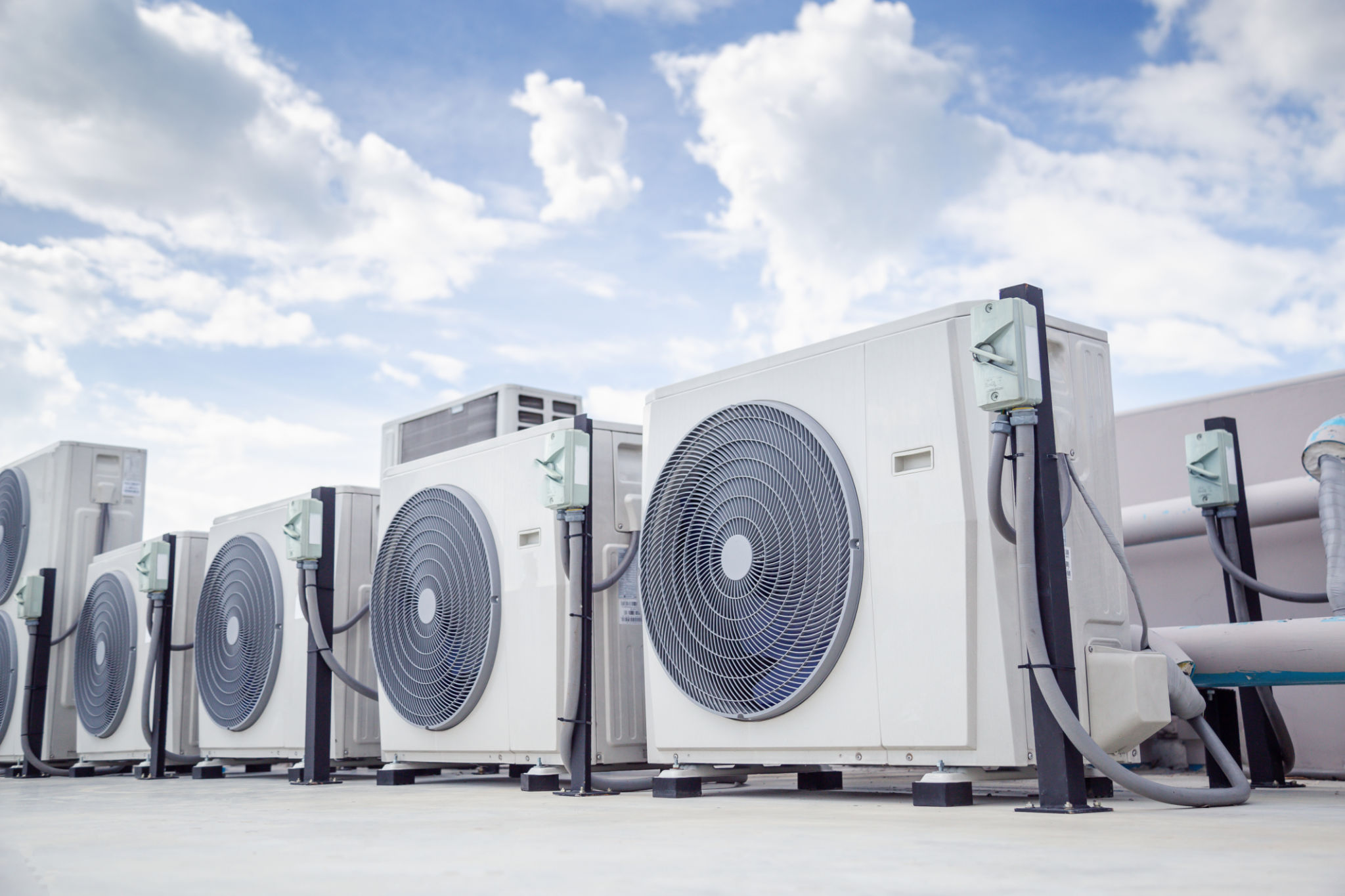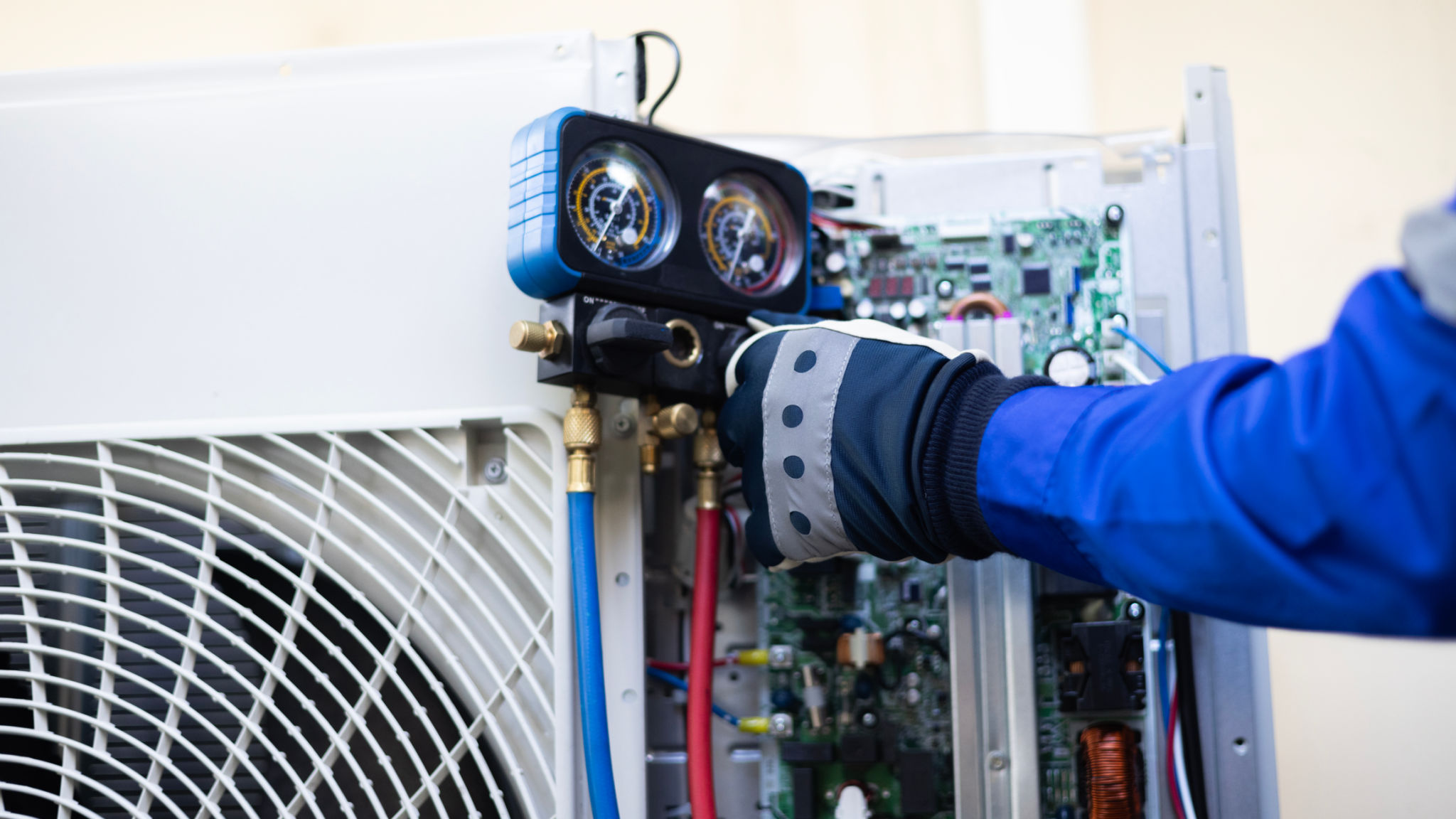Local Weather and Its Impact on Your Air Conditioning Needs
Understanding Your Local Climate
When it comes to air conditioning, understanding your local climate is crucial. Different weather patterns can significantly influence your cooling needs. Whether you live in a region with scorching summer heat or one with mild temperatures, your air conditioning system must be tailored to meet these specific conditions. Recognizing the nuances of your local weather can help you optimize your cooling system for comfort and efficiency.

Humidity's Role in Air Conditioning
Humidity is a key factor that affects how we perceive temperature. Areas with high humidity levels may require air conditioning systems that not only cool the air but also remove excess moisture. This is because humid air tends to feel warmer, making it necessary for your air conditioner to work harder to maintain a comfortable indoor environment. In contrast, regions with low humidity might benefit from systems that focus more on temperature control rather than moisture removal.
Types of Air Conditioning Systems
There are various types of air conditioning systems designed to handle different climate needs. Some of the most common include:
- Central Air Conditioning: Ideal for hot and humid climates, providing consistent cooling throughout the home.
- Ductless Mini-Split Systems: Suitable for areas with moderate temperatures and can be installed in individual rooms.
- Window Units: Best for smaller spaces or areas with short cooling seasons.

The Impact of Seasonal Changes
Seasonal changes can also impact how you use your air conditioning system. During the transition from spring to summer, you might find that your system needs to work harder to adjust to rising temperatures. Similarly, as summer turns to fall, you may need to decrease usage or switch to heating systems if temperatures drop significantly. Understanding these seasonal shifts can help you plan maintenance and adjust settings for optimal performance.
Energy Efficiency Considerations
Energy efficiency is a major consideration when dealing with varying local weather. Efficient air conditioning systems not only save money on energy bills but also reduce environmental impact. Look for systems with a high Seasonal Energy Efficiency Ratio (SEER) rating, which indicates greater efficiency. Furthermore, regular maintenance like cleaning filters and checking refrigerant levels can help maintain efficiency regardless of weather conditions.

Customizing Air Conditioning Solutions
Customizing your air conditioning solutions based on local weather conditions can lead to improved comfort and lower costs. Consulting with HVAC professionals can provide insights into the best systems tailored for your region's climate. They can also recommend adjustments or upgrades to enhance your system's performance.
By understanding the relationship between local weather and air conditioning needs, you can ensure that your home remains comfortable throughout the year while also being mindful of energy consumption and sustainability. Embrace these insights to make informed decisions about your cooling system and enjoy a better indoor environment.
